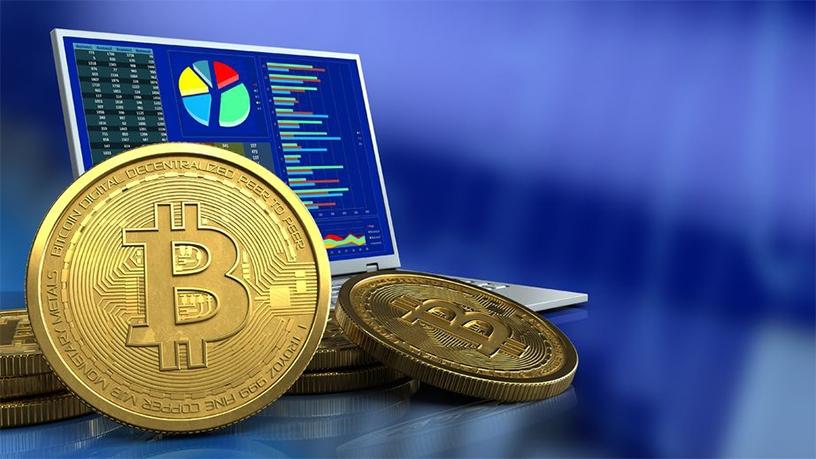
The G20 Summit, currently taking place in Buenos Aires, Argentina, is discussing crypto-currency and its regulation.
G20 is an international forum for the governments and central bank governors from Argentina, Australia, Brazil, Canada, China, France, Germany, India, Indonesia, Italy, Japan, Mexico, the Republic of Korea, Russian, Saudi Arabia, South Africa, Turkey, the UK, the US and European Union.
The G20 Financial Stability Board is discussing the potential impact of crypto-currencies and the coordinating of international efforts to eliminate data gaps in the emerging crypto-currency market.
The G20 is holding two separate discussions on crypto-currencies in an effort to seek what representatives call a "common response" on regulation.
Japan, France and Germany are among the countries proposing global standard crypto regulations to be put in place.
Reuters reports that finance ministers and central bankers from the world's 20 largest economies meeting in Buenos Aires will be told today that such "crypto assets" do not threaten financial stability but can serve to launder money or finance terrorism and hurt consumers who buy them.
However, no action is expected to follow at the summit as policymakers have yet to agree on a common strategy to tackle the issue and some countries, including the US, are wary of new regulation after a decade of rule-making in the wake of the financial crisis of 2008-2009, it adds.
Crypto-currencies, like Bitcoin and Ethereum, had a breakout year in 2017. The price of Bitcoin rose from approximately $1 000 per Bitcoin on 1 January 2017, to $13 000 per Bitcoin on 31 December 2017, with a high of approximately $20 000 per Bitcoin.
Ethereum increased from approximately $10 per Ether to $755 during the same time period. Both Ether and Bitcoin are used by investors to buy into initial coin offering opportunities, which are similar to initial public offerings and were an extremely popular way of raising capital in exchange for "crypto tokens" in 2017.
Richard De Sousa, partner at AltcoinTrader, a South African-based crypto-currency exchange, says: "The G20 countries represent over 85% of global economic output and 75% of international trade. The outcome of the discussions at the G20 Summit will show if they are ready for a measured approach to crypto-currency regulation."
A target date for a final report of the working group has not been revealed.
Meanwhile, a global pursuit to better understand and regulate the crypto-currency market is under way.
Canada, Australia, the US and nations across Asia and Europe are all, from a policy-making perspective, discussing the strengthening of current regulatory frameworks in order to address the emerging crypto-assets marketplace, the foundation of which is technology called blockchain.
In SA, the central bank recently established a Financial Technology Programme to review its position on private crypto-currencies.
This will address regulatory issues such as clearing and settlement risks, exchange control impacts, monetary policy and financial stability, and other matters such as cyber security considerations.
Blockchain company Vanbex notes the discourse and regulatory angling taking place is certainly cause for quiet excitement. The reality, however, is that the global landscape remains fraught with uncertainty, and more significant ideological analysis, in tandem with current crypto-regulation dialogue, may be necessary to further understand and validate current positions on the subject, nation to nation, it notes.
Moreover, with such an undetermined future for the industry, blockchain start-ups, investors and entrepreneurs must remain in a holding pattern of sorts, unable to definitively plan in advance for a global industry currently without universal standards, says Vanbex.
Share